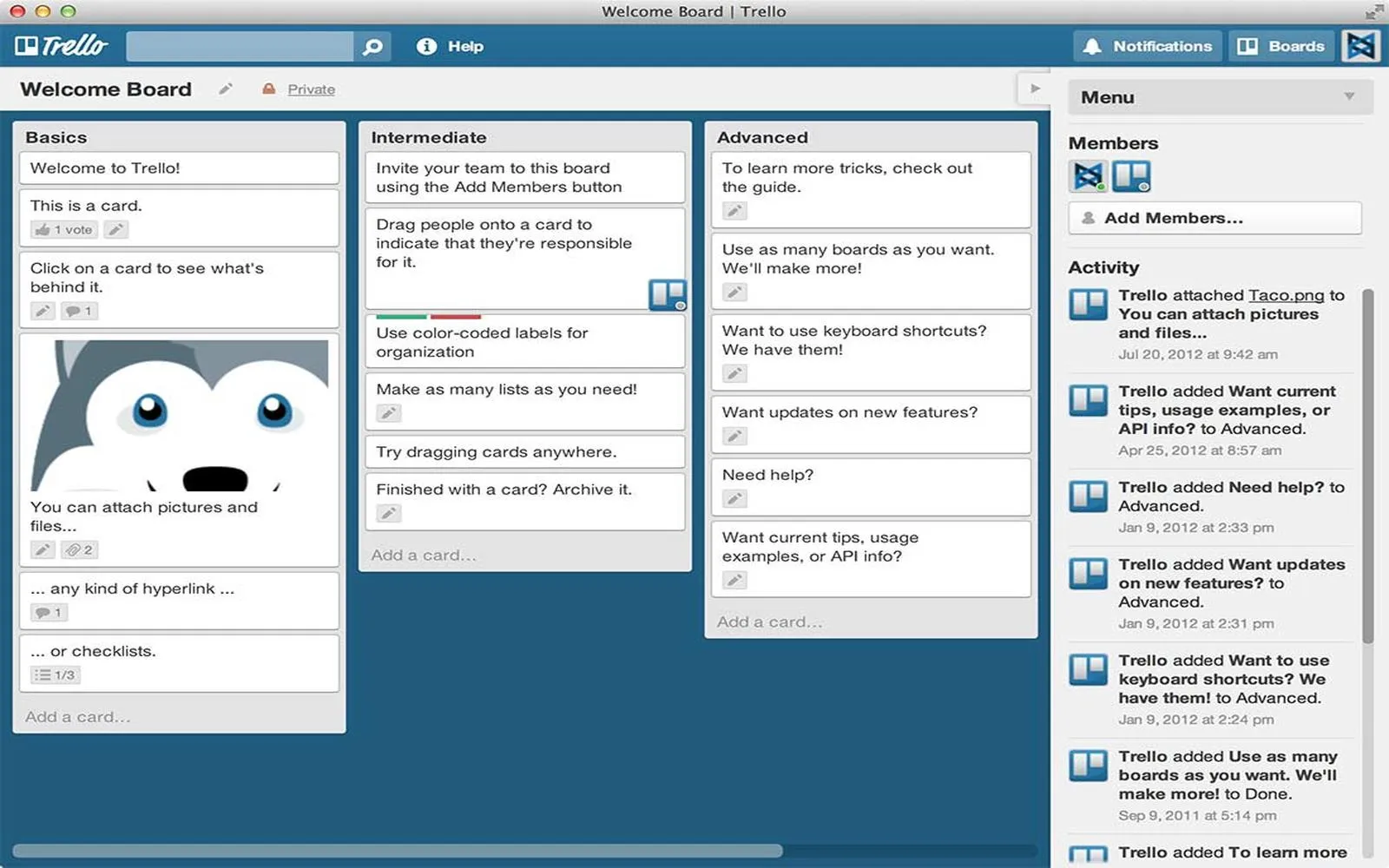Remote work has transformed the way we perceive traditional employment, especially for women. As companies continue to adapt to a more flexible work environment, the benefits of this shift are becoming increasingly evident. In this article, we will explore the significant advantages of remote work for women, highlighting how it can enhance their professional and personal lives.
1. Flexibility and Work-Life Balance
One of the most significant benefits of remote work for women is the flexibility it offers. Women often juggle multiple responsibilities, whether it's managing household tasks, caring for children, or even pursuing personal interests. Remote work allows them to create a schedule that accommodates their personal lives while meeting professional obligations.
| Traditional Work Schedule | Remote Work Schedule |
|---|---|
| Fixed hours in an office | Customizable hours based on personal needs |
| Commute time | No commute, saving time and energy |
| Limited personal time | More time for family and self-care activities |
2. Increased Productivity
Studies have shown that remote workers often experience increased productivity. Women, in particular, can thrive in an environment where they can focus without the usual office distractions. The ability to create their ideal workspace can lead to higher job satisfaction and motivation, ultimately translating to better performance at work.
3. Reduced Gender Bias
Remote work can also help mitigate gender bias in the workplace. Women often face challenges related to stereotypes and preconceived notions about their capabilities. Working remotely allows them to showcase their skills and contributions based solely on their performance, rather than being judged through the lens of gender bias. This can lead to a more equitable work environment and greater opportunities for career advancement.
4. Access to a Global Job Market
With remote work, women are no longer limited to job opportunities within their geographical area. They can apply for positions and collaborate with companies from around the world. This access to a broader job market can lead to better career options, higher salaries, and roles that align more closely with their skills and aspirations.
5. Cost Savings
Remote work can also lead to significant cost savings for women. Without the need to commute, they can save money on transportation, work attire, and meals. Additionally, the flexibility of working from home can reduce childcare costs, as women can balance their work and family responsibilities more effectively.
| Expense Category | Traditional Office Work | Remote Work |
|---|---|---|
| Commuting Costs | High | Low or None |
| Work Attire | Moderate to High | Low |
| Childcare Costs | High | Reduced |
6. Enhanced Career Growth and Development
Remote work often encourages women to pursue continuous learning and professional growth. Many companies offer online training programs and webinars that can be easily accessed from home. This allows women to enhance their skills, stay updated with industry trends, and position themselves for future advancement—all from the comfort of their own space.
7. Building a Supportive Network
Remote work fosters the ability to connect with other professionals across various locations. Women can join online communities and networking groups that cater to their interests and career goals. This access to a broader network can provide support, mentorship, and opportunities for collaboration that might not be available in a traditional office setting.
8. Health and Well-being
Working remotely can lead to improved mental and physical health for women. The reduction of daily commutes and the ability to design a comfortable workspace can significantly decrease stress levels. Furthermore, remote work allows for more time to engage in health-promoting activities, such as exercise, cooking healthy meals, and practicing mindfulness.
Conclusion
The shift to remote work presents numerous benefits for women, from enhanced flexibility and productivity to reduced costs and improved health. As the landscape of work continues to evolve, embracing remote opportunities can empower women to achieve their personal and professional goals. By leveraging the advantages of remote work, women can create a more balanced, fulfilling, and successful career path.
In summary, the future of work is leaning towards flexibility, and women stand to gain significantly from this transformation. By acknowledging and promoting the benefits of remote work, we can foster an environment that supports women's aspirations and contributes to a more equitable workforce.





